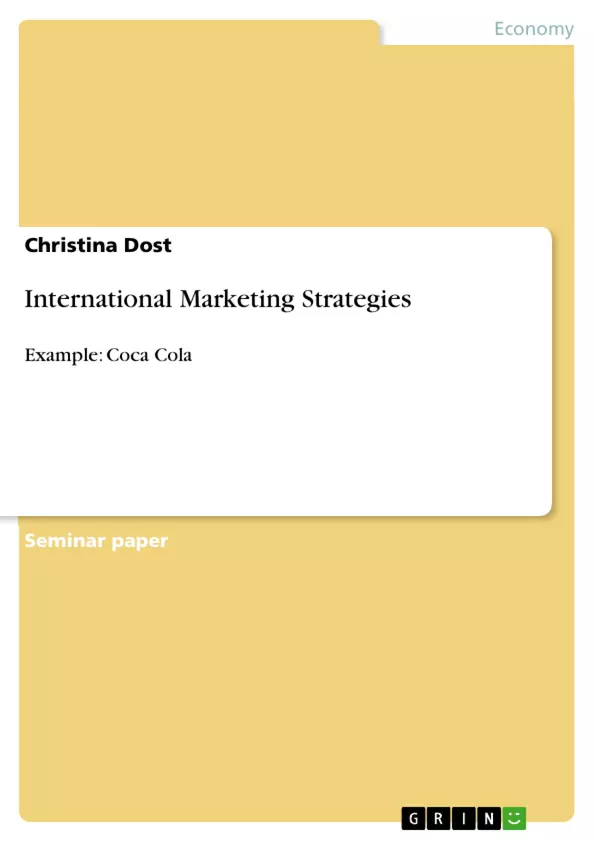Since the word has both technical and political meanings, different groups will have differing histories of "globalization". In general use within the field of economics and political economy, however, it is a history of increasing trade between nations based on stable institutions that allows firms in different nations to exchange goods and services with minimal friction.
The term "liberalization" means the acceptance of the neoclassical economic model which is based on the unimpeded flow of goods and services between economic jurisdictions. This led to specialization of nations in exports, and the pressure to end protective tariffs and other barriers to trade. The period of the gold standard and liberalization of the 19th century is often called "The First Era of Globalization". Based on the Pax Britannica and the exchange of goods in currencies pegged to specie, this era grew along with industrialization. The theoretical basis was David Ricardo's work on Comparative advantage and Say's Law of General equilibrium. In essence, it was argued that nations would trade effectively, and that any temporary disruptions in supply or demand would correct themselves automatically. The institution of the gold standard came in steps in major industrialized nations between approximately 1850 and 1880, though exactly when various nations were truly on the gold standard is contentiously debated.
In the "First Era of Globalization" is said to have broken down in stages beginning with the First World War, and then collapsing with the crisis of the gold standard in the late 1920s and early 1930s. Countries that engaged in that era of globalization, including the European core, some of the European periphery and various European offshoots in America and Oceania, prospered. Inequality between those states fell, as goods, capital and labour flowed remarkably freely between nations.
Table of Contents
- Introduction - The history of globalization
- Globalization
- Role of international marketing
- "Going International"
- Concept of Globalization
- Globalization Drivers
- Market Drivers
- Cost Drivers
- Government Drivers
- Competitive Drivers
- Multi-domestic Strategy
- Global Strategic decisions
- Explanation of the term
- The market lesson decision
- Coca-Cola
- Story of Coca Cola
- The first steps to the worldwide success
- Global Player Coca Cola
- Conclusion
Objectives and Key Themes
This paper aims to explore the history and drivers of globalization, specifically focusing on its impact on international marketing strategies. The paper analyzes the role of international marketing in a globalized world and uses Coca-Cola as a case study to illustrate successful international marketing strategies.
- The history of globalization and its phases.
- The role of international marketing in a globalized world.
- Factors driving globalization, including market, cost, government, and competitive drivers.
- Global strategic decision-making and its impact on international marketing strategies.
- Coca-Cola as a case study of a successful global player and its international marketing strategies.
Chapter Summaries
- Introduction - The history of globalization: This chapter provides a brief overview of the history of globalization, tracing its origins to the 19th century and highlighting its impact on trade and economic development.
- Globalization: This chapter delves into the concept of globalization and its implications for businesses and individuals. It explores the role of international marketing in a globalized world and discusses the drivers of globalization, such as market, cost, government, and competitive factors.
- Global Strategic decisions: This chapter focuses on strategic decision-making in a global context. It examines the term "global strategic decisions" and explores the concept of the market lesson decision.
- Coca-Cola: This chapter presents a case study of Coca-Cola, exploring its history, its first steps towards global success, and its evolution into a global player. This chapter also examines why Coca-Cola is considered one of the most successful and popular brands worldwide.
Keywords
The key concepts explored in this paper include globalization, international marketing, global strategic decisions, multi-domestic strategy, Coca-Cola, brand success, international marketing strategies, and global players.
Frequently Asked Questions
What are the main drivers of globalization?
Globalization is driven by four main factors: market drivers, cost drivers, government drivers, and competitive drivers.
What was the "First Era of Globalization"?
It refers to the period in the 19th century based on industrialization, the gold standard, and the exchange of goods between nations with minimal friction.
How does Coca-Cola exemplify a global player?
Coca-Cola is used as a case study to show how a brand can achieve worldwide success through standardized yet locally adapted international marketing strategies.
What is a multi-domestic strategy?
A multi-domestic strategy is an approach where a company adapts its products and marketing to the specific needs and conditions of each local market.
What role does international marketing play in globalization?
International marketing allows firms to identify global opportunities, manage cross-border trade, and create stable brand identities across different nations.
What led to the breakdown of the first era of globalization?
The first era collapsed due to the First World War and the subsequent economic crises of the late 1920s and early 1930s, which ended the gold standard.
- Citar trabajo
- Christina Dost (Autor), 2006, International Marketing Strategies, Múnich, GRIN Verlag, https://www.grin.com/document/62954



